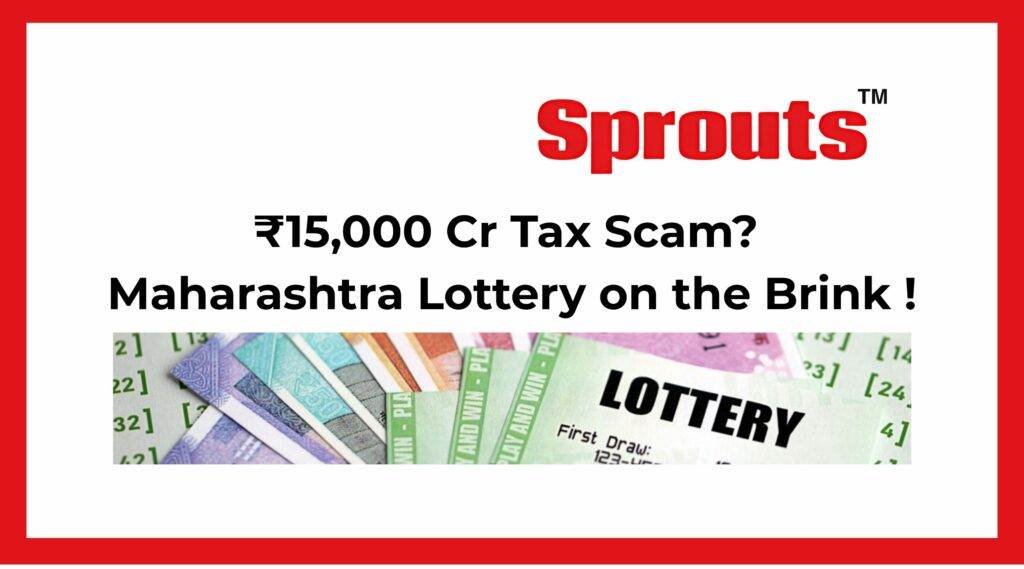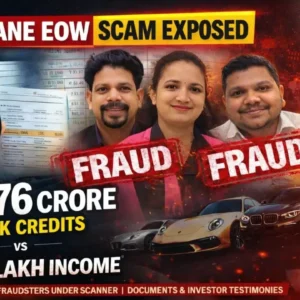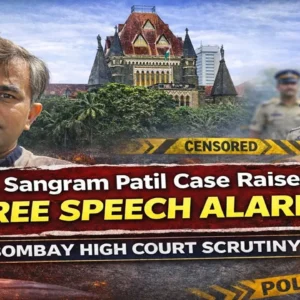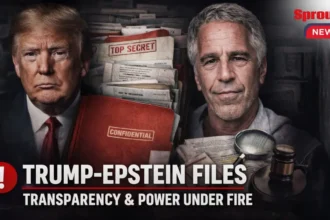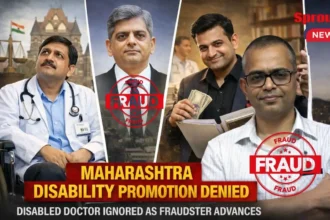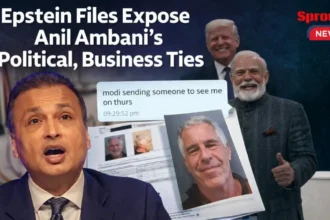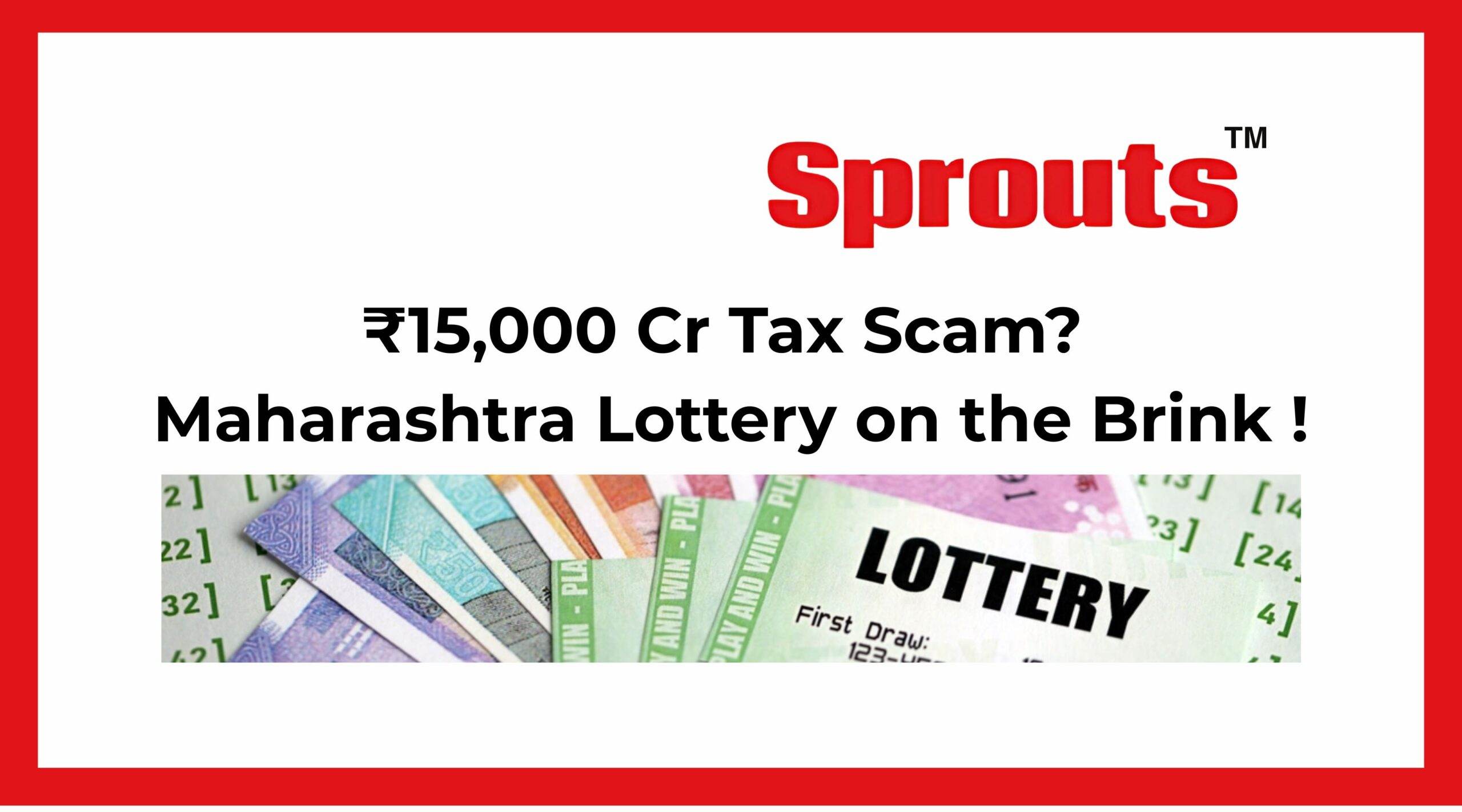
Contents
- ₹15,000 Cr Lottery Tax Left Unclaimed
- • Maharashtra Lottery Loses Big to Out-of-State Rivals
- • State Lottery Bleeds as Others Boom
- • Lottery Tax Evasion and Policy Gaps Undermine State Revenue
- Also Read: Adani’s Dharavi Project Faces Heat Over Green Violations.
- • Lottery tax evasion: Decline in Ticket Sales and Employment Adds to Sector’s Struggles
- • Lottery tax evasion: Private Operators Dominate with Higher Prizes and Loopholes
- • Lottery tax evasion: Urgent Need for Reform and Tax Recovery in Maharashtra Lottery Sector
₹15,000 Cr Lottery Tax Left Unclaimed
• Maharashtra Lottery Loses Big to Out-of-State Rivals
• State Lottery Bleeds as Others Boom
Unmesh Gujarathi |
Sprouts News Exclusive
Maharashtra, once a pioneer in state-run lotteries, is now grappling with a deepening financial and regulatory crisis in the sector. The state government has failed to collect over ₹15,000 crore in pending lottery tax from out-of-state private operators selling tickets within Maharashtra—despite local laws barring the sale of Maharashtra State Lottery tickets in other states.
The Sprouts News Team has learned that while private lotteries from northeastern states and Punjab enjoy open access to the Maharashtra market, the state’s own lottery system is being sidelined due to outdated policy and weak enforcement. Stakeholders allege that this has led to massive revenue loss, as well as the systematic weakening of a public welfare-linked institution that once supported thousands of livelihoods.
• Lottery Tax Evasion and Policy Gaps Undermine State Revenue
The Central Government permits state lotteries, but restricts their cross-border sale without permission. Maharashtra adheres to this rule, banning its tickets outside the state. However, private operators from other regions openly bypass such restrictions, conducting large-scale business within Maharashtra while avoiding corresponding tax responsibilities.
Experts point out that this is not merely a revenue oversight—it’s a regulatory failure. With the Maharashtra government currently earning just ₹25 crore annually from its own lottery system, industry experts estimate that a cooperative sales model could push this number to ₹700–800 crore per year. Yet no such reforms have been implemented.
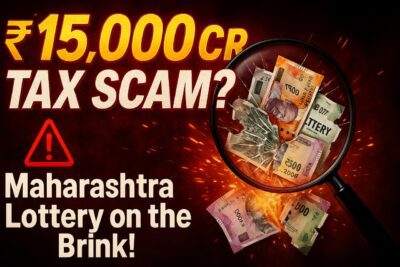
Also Read: Adani’s Dharavi Project Faces Heat Over Green Violations.
• Lottery tax evasion: Decline in Ticket Sales and Employment Adds to Sector’s Struggles
Originally launched in 1969, the Maharashtra State Lottery played a key role in providing employment to the visually impaired, widows, differently-abled persons, and the unemployed. But over the past decade, the system has seen drastic decline.
Recent ticket sales reflect this deterioration: out of 2 lakh tickets printed for the Diwali Bumper draw, only about 1.2 lakh were sold. Similarly, Gudi Padwa draws saw limited traction. In a telling move, the state has printed just 60,000 tickets for the upcoming Maharashtra Day draw on May 1—less than one-third of previous efforts. Vendors note that unsold tickets are not refunded, unlike in private lotteries, further discouraging sellers.
• Lottery tax evasion: Private Operators Dominate with Higher Prizes and Loopholes
The competitive advantage of private lotteries lies not only in aggressive marketing but also in their ability to offer larger cash prizes—often ₹500 and above. Operated by private entities rather than state departments, these lotteries carry higher risk, but more appeal among consumers. As a result, they continue to overshadow state-run efforts, capturing market share and evading oversight.
“This situation is a clear case of reverse exploitation,” said a senior lottery vendor in conversation with the Sprouts News Team. “Maharashtra strictly follows rules, yet allows others to break them inside its borders—and pays the price.”
• Lottery tax evasion: Urgent Need for Reform and Tax Recovery in Maharashtra Lottery Sector
Stakeholders and lottery vendors are demanding immediate government intervention. Their key demands include:
•Full recovery of the ₹15,000 crore in pending taxes from private lottery operators.
•A ban or stricter regulation on out-of-state lottery sales in Maharashtra.
•Policy reforms to permit inter-state sale of Maharashtra’s own tickets.
•Implementation of fair practices, including buy-back guarantees for unsold tickets.
Without urgent structural reforms, experts fear the Maharashtra State Lottery may become defunct, leaving behind thousands of unemployed vendors and a collapsed public finance tool.
As the policy vacuum continues, questions remain about the state government’s priorities and its willingness to protect public institutions from unchecked private encroachment.


